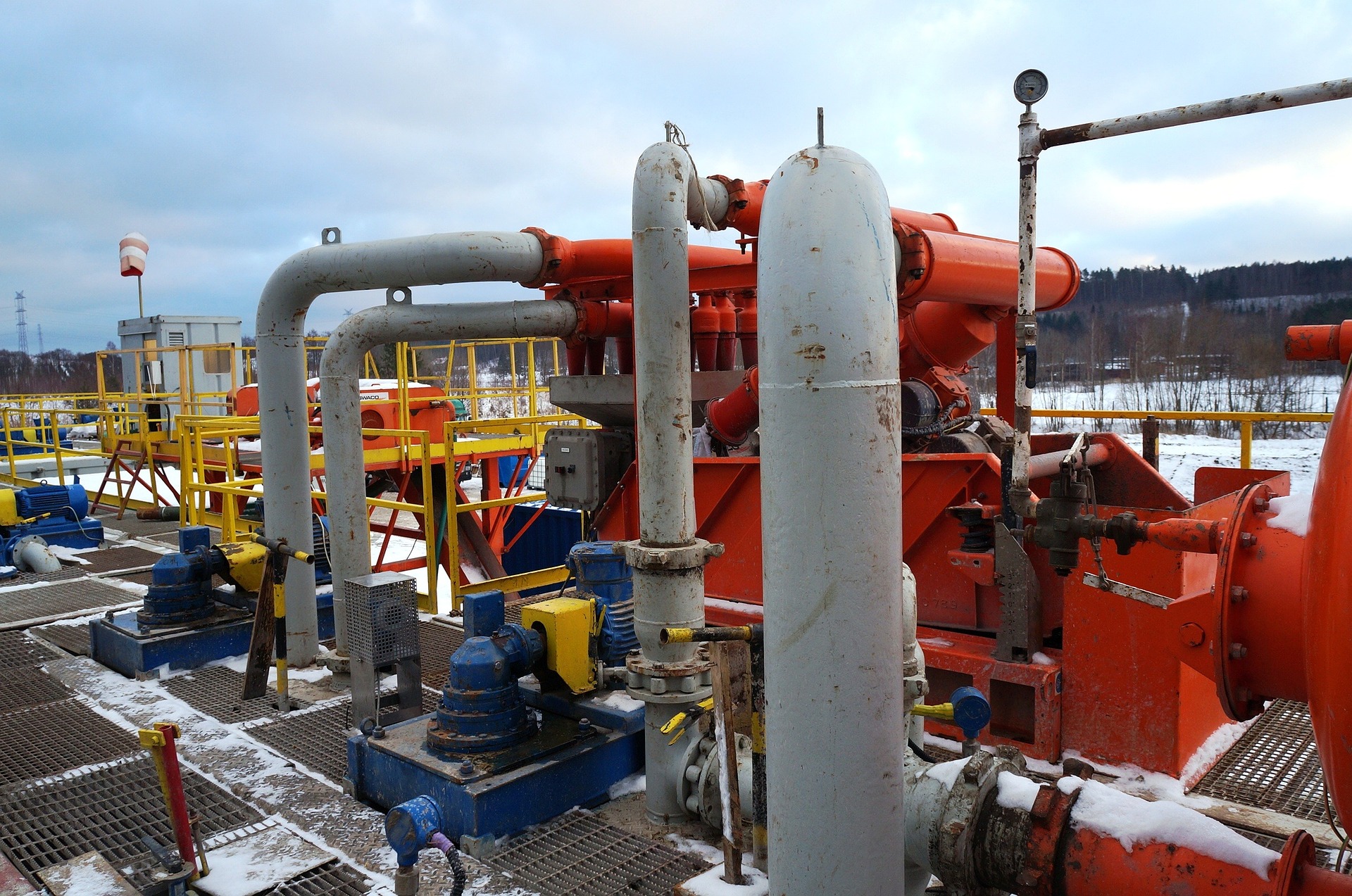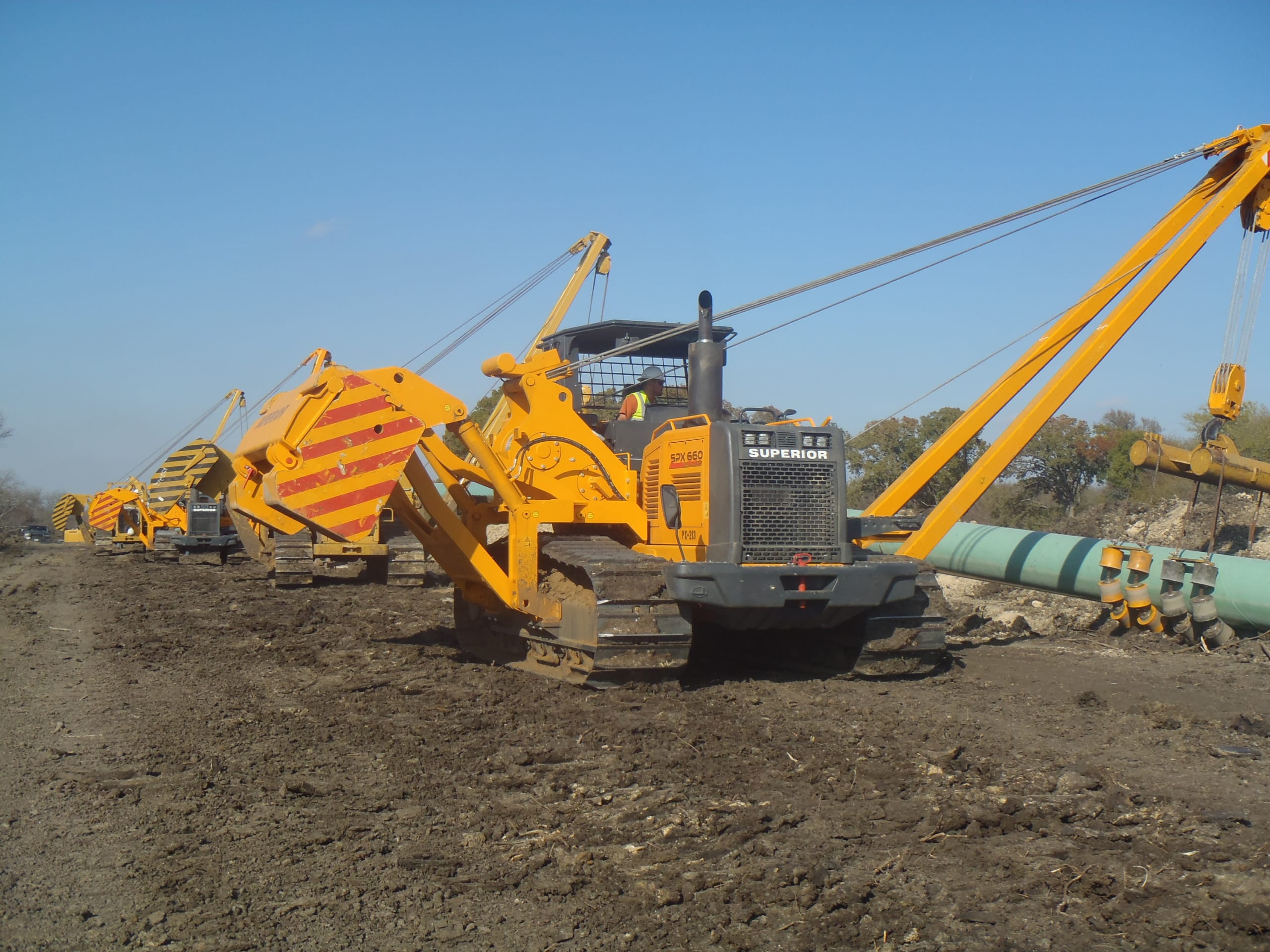Superior rentals squeeze tools: practical applications you should know
Wiki Article
A Comprehensive Overview to the Various Kinds of Oil Field Equipment and Pipeline Equipment Available
The oil and gas market relies greatly on specialized devices for reliable extraction and transport. Various kinds of machinery, from piercing rigs to storage tanks, play essential roles in this intricate procedure. Each piece of equipment serves distinctive functions that contribute to general functional success. Understanding these parts is important for any person included in the field. As the industry develops, so also do the technologies that support it. What improvements are on the perspective?
Drilling Rigs: The Foundation of Oil Exploration
Drilling rigs serve as the necessary machinery in the domain of oil expedition, allowing companies to gain access to hydrocarbon reserves buried deep beneath the Earth's surface area. These rigs are available in numerous types, consisting of land rigs, offshore rigs, and mobile systems, each made to operate in details environments. Outfitted with advanced modern technology, piercing rigs can pass through geological formations with accuracy, guaranteeing reliable source extraction. The architectural honesty and operational abilities of these rigs are crucial, as they must hold up against severe problems and significant pressures. The selection of a drilling rig impacts the overall job price and timeline, making it an important consideration for oil business seeking to enhance their exploration efforts and optimize performance in their procedures.Pumps: Important for Fluid Movement
In the oil extraction process, the role of pumps is significant, facilitating the movement of liquids throughout various stages of manufacturing. Pumps are essential for transferring crude oil, water, and various other fluids from below ground tanks to the surface area and after that with pipelines to refineries. They come in numerous kinds, including centrifugal, positive variation, and completely submersible pumps, each serving particular functions based on the fluid features and functional requirements. Centrifugal pumps are frequently used for their performance in high-flow applications, while favorable displacement pumps excel in handling thick fluids. The choice of pump influences general efficiency, functional security, and upkeep expenses. Proper option and maintenance of pumps are vital for maximizing production and decreasing downtime in oil field procedures.Valves: Managing Circulation and Pressure

Shutoffs play a vital role in managing the flow and pressure of liquids within oil areas and pipes. Numerous kinds of valves serve unique applications, each designed to satisfy certain features basic for reliable procedure - Superior Oilfield pipeline equipment rentals. Understanding the qualities and uses these shutoffs is essential for optimizing system efficiency and safety and security
Sorts of Valves
Essential components in oil area procedures, shutoffs play an important function in controlling the flow and stress of liquids within pipelines and devices. Various types of valves are utilized to fulfill the varied requirements of oil and gas production. Common kinds consist of entrance shutoffs, which offer a straight-line flow and minimal stress decrease; globe shutoffs, understood for their throttling abilities; and ball shutoffs, identified for their quick on/off control. Additionally, check shutoffs stop backflow, while butterfly shutoffs use a light-weight service for regulating circulation. Each valve kind is created with particular materials and arrangements to endure the severe conditions usually discovered in oil fields, ensuring dependability and efficiency in procedures. Understanding these kinds is important for efficient system monitoring.Valve Applications and Functions
While numerous kinds of valves offer distinct functions, their primary applications focus on controlling circulation and pressure within oil and gas systems. Valves such as gateway, globe, and sphere shutoffs control liquid movement, making certain peak performance and safety and security. Gate valves are generally used for on/off control, giving minimal flow resistance. World valves, on the various other hand, offer precise flow law, making them ideal for throttling applications. Round valves are preferred for their fast procedure and limited sealing capacities. On top of that, pressure safety valve are critical for stopping system overpressure, guarding equipment honesty. In general, the proper option and application of shutoffs boost functional efficiency, guaranteeing the trustworthy transportation of oil and gas with pipes and handling centers.Compressors: Enhancing Gas Transportation
Compressors play a vital role in the effective transportation of all-natural gas, making certain that it moves efficiently via pipelines over cross countries. These devices boost the stress of all-natural gas, enabling it to get rid of rubbing and elevation modifications within the pipeline system. Furthermore, compressors assist in the harmonizing of supply and demand, accommodating fluctuations in consumption and manufacturing repipe near me prices. Different types of compressors are used in the market, including centrifugal, reciprocating, and rotary screw compressors, each offering distinctive benefits based on the operational needs. Normal maintenance of these compressors is vital to make the most of efficiency and decrease downtime, inevitably adding to a reputable gas transportation network. Their critical feature highlights the significance of compressors in the total oil and gas facilities.Storage Tanks: Safe and Efficient Liquid Administration
Effective transportation of natural gas depends on different supporting systems, among which is the appropriate monitoring of tank. my company These storage tanks play an important duty in safely having liquids, ensuring that functional efficiency is preserved while minimizing environmental threats. Constructed from long lasting materials, they are made to endure high stress and corrosive aspects. Effectively sized and strategically situated, storage space tanks facilitate the smooth flow of all-natural gas and various other fluids, stopping traffic jams in supply chains. Regular maintenance and tracking are imperative to discover leaks or architectural issues, promoting safety and security and conformity with regulatory standards. Eventually, the efficient management of tank is essential for the overall integrity and reliability of the oil and gas market's fluid handling systems.
Pipeline Solutions: Facilities for Transportation
Pipeline systems offer as the foundation of the oil and gas market, promoting the reliable transport of hydrocarbons over substantial ranges. These systems are composed of numerous parts, including pipelines, valves, pumps, and compressors, all thoroughly created to ensure seamless flow. The materials used in pipeline construction, commonly steel or high-density polyethylene, are picked for longevity and resistance to deterioration. Pipeline networks can cover throughout land and water, attaching manufacturing sites to refineries and distribution. In addition, progressed innovation enables real-time surveillance of circulation rates and stress degrees, improving operational performance. The calculated placement of these pipes lessens environmental influence while maximizing resource ease of access, consequently playing a vital function in conference power demands around the world.Safety Equipment: Making Sure Employee and Environmental Management
The operation of pipeline systems, while crucial for power transport, likewise presents significant safety and security difficulties for employees and the atmosphere. Safety and security tools plays a significant function in mitigating these risks. Personal protective equipment (PPE) such as helmets, handwear covers, and non-slip footwear safeguards workers from physical threats. Furthermore, gas discovery systems keep track of for leakages, ensuring that dangerous substances do not present a threat to workers click resources or the bordering ecosystem. Emergency closure systems are important for promptly stopping operations throughout a dilemma, stopping possible disasters. Spill containment materials, including absorbents and obstacles, are essential for decreasing environmental influence. In general, investing in all-inclusive safety and security tools is critical for maintaining operational integrity and safeguarding both workers and the environment in the oil and gas industry.
Regularly Asked Concerns
Just how Do I Choose the Right Oil Field Equipment for My Job?
Choosing the ideal oil field devices entails evaluating job requirements, budget restrictions, and functional needs. Consider factors such as devices integrity, compatibility with existing systems, and the supplier's track record to assure peak efficiency and safety.What Are the Maintenance Demands for Oil Field Equipment?
Maintenance demands for oil area devices consist of normal inspections, lubrication, and timely repair work. Operators must likewise stick to supplier guidelines, monitor performance metrics, and warranty conformity with safety and security regulations to enhance longevity and efficiency.
Just How Can I Make Sure Compliance With Environmental Laws?
To assure compliance with environmental guidelines, companies should perform regular audits, execute ideal practices, purchase training, maintain proper documents, and stay updated on regulations (Superior Oilfield Rentals Texas). Collaboration with environmental companies can also enhance adherence to regulationsWhat Is the Typical Life-span of Pipeline Equipment?
The ordinary lifespan of pipeline equipment normally varies from 20 to half a century, depending upon factors such as material quality, environmental conditions, and maintenance practices. Regular inspections can greatly influence longevity and functional performance.Just how Do I Safely Move Oil Field Equipment to Remote Locations?
Moving oil area tools to remote places needs careful planning, consisting of course evaluation, protecting permits, using appropriate lorries, and making certain security procedures are followed. Correct training and interaction among crews are essential for effective transportation.Report this wiki page